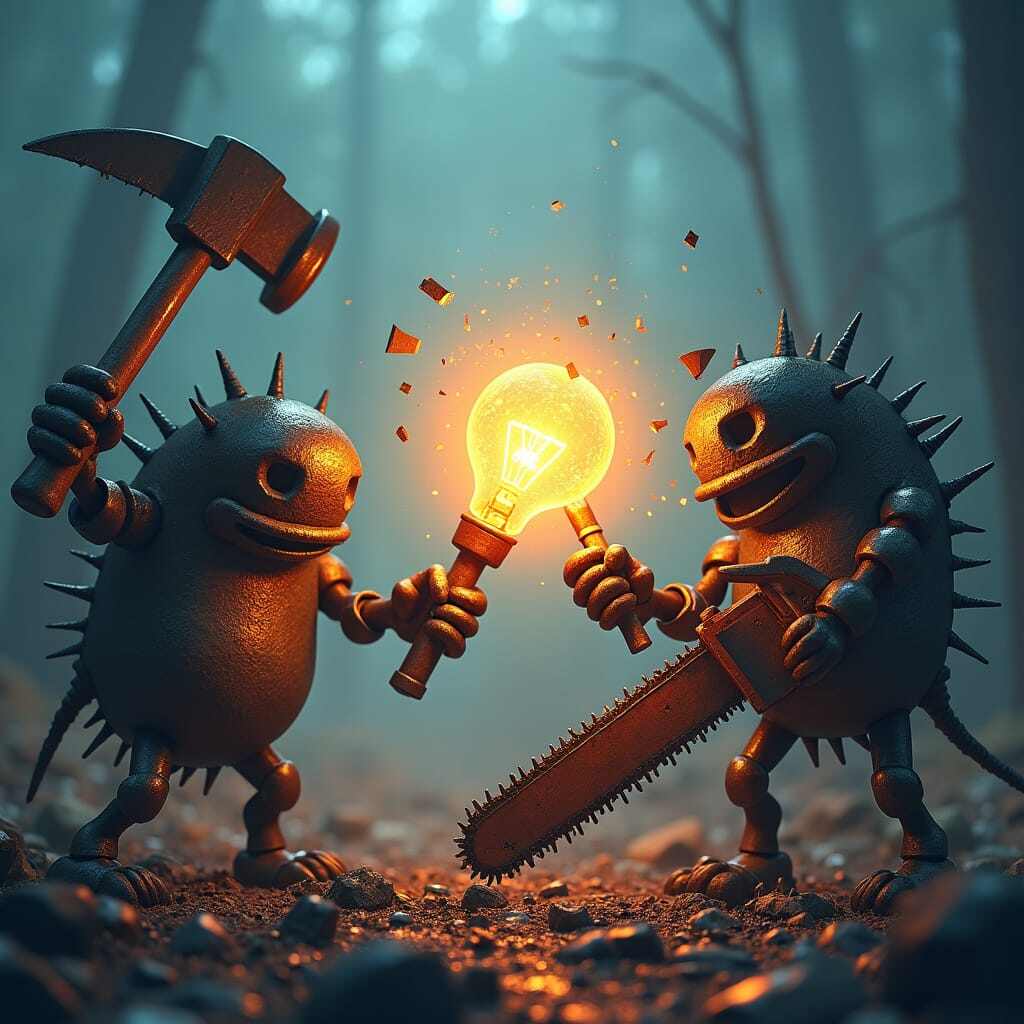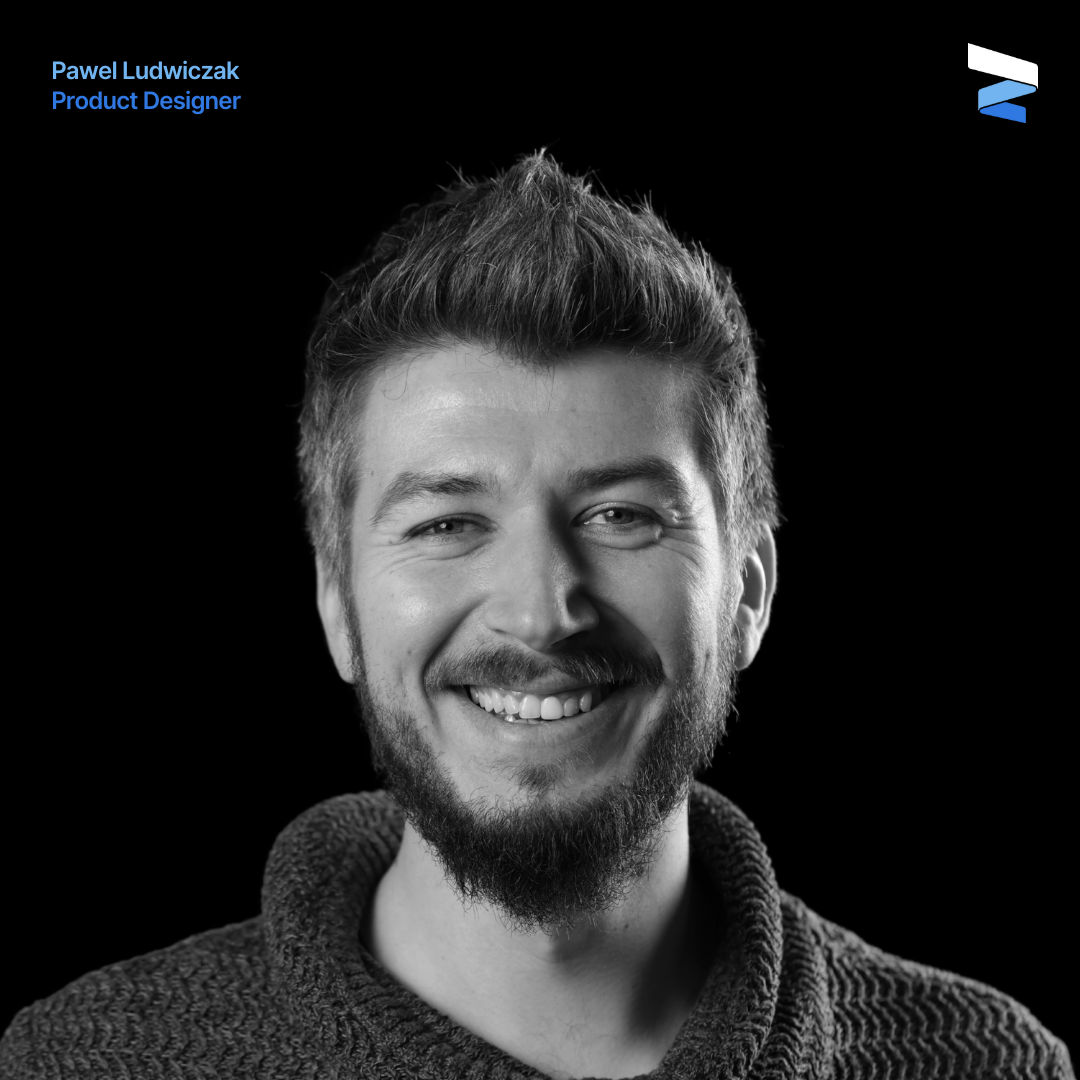The typical knowledge worker uses, on average, 22 apps just to get their work done, with most departments using anywhere between 40 and 60 apps. We use these tools to manage projects, communicate with our teams, track progress, and complete tasks. While these apps have greatly improved over the years, making our lives easier in many ways (hello digital Kanban’s and CRM’s) they still aren’t making us more productive. In fact, they’re sucking the life out of our creativity, increasing cognitive load, and forcing us into a fragmented, reactive state of work.
The Fragmentation of Focus
One of the greatest challenges of using multiple apps is the constant context-switching it demands. Moving from email to project management tools, then to Slack or Teams for communication, disrupts our mental flow. Research shows that even short interruptions can take up to 23 minutes to fully recover from. Every time we switch apps, we lose focus on the creative work that demands our attention, fragmenting our cognitive resources.
Creativity relies on deep focus on uninterrupted thought, but being pulled in various directions by notifications and app-switching damages the quality of our ideas. Creativity isn’t about doing more things at once - it’s about connecting disparate ideas, thinking deeply, and allowing our minds to wander in productive ways. This is made significantly harder by the app overload most of us face daily.
Mental Load and Administrative Burden
In addition to fragmentation, app overload adds an administrative burden. We spend endless hours managing our tools - organizing our tasks, manually inputting and coordinating information, and ensuring consistency across platforms and teams. This administrative work is taxing and detracts from the time available for true creative output.
The mental load of maintaining awareness across multiple apps is exhausting. Instead of focusing on solving problems or generating new ideas, much of our time is spent on managing the digital clutter that these tools create. In fact, according to one study, knowledge workers spend about 60% of their time on “work about work”, leaving little space for the creative, impactful work they were hired to do.
More Tools ≠ Better Work
As you can probably gather by now, there’s a common belief that the more tools we have at our disposal, the better our work will be. We end up creating a default culture where we collect apps and tools to solve every minor problem, leading to a hodgepodge of disconnected systems that stifle our ability to work deeply and effectively. This patchwork also creates inefficiencies for cross-team collaboration.
Unfortunately, more tools clearly lead to more distractions, more complexity, and less focus. And instead of streamlining workflows, too many tools complicate them, requiring manual coordination between platforms. This doesn’t just slow us down - it fragments our attention and prevents us from sinking into deep, uninterrupted work that fosters creativity and innovation.
It’s not just the number of apps that fragments our workflows, but how our computers are set up to process and present these apps. Just like cluttered physical desks of the past - overflowing with papers, charts, and documents - our digital desktops are now overloaded with information scattered across siloed applications.
Instead of helping us organize and prioritize, our current digital environments leave us to manually shift between apps, hunting for information and piecing it together ourselves. This setup makes it harder to focus on clear objectives and updated priorities, creating inefficiencies that undermine our productivity and creativity.
That’s why another productivity or organizational tool won’t solve this issue. We need to fundamentally change the environment within which these tools exist.
How Reframe Streamlines Apps to Boost Creativity
At Reframe, we recognize that the current approach to digital work is broken. The Organized Work Environment (OWE) we’re developing is designed to address the underlying problem: that the digital environment of our current graphical user interface (GUI), with its proliferation of apps and tools, forces us to juggle context manually, draining us of our creativity, efficiency, and effectiveness.
Reframe’s OWE doesn’t add another app to the pile. It creates a contextually aware environment that wraps around the tools you’re already using, integrating them into coherent workflows. By organizing work into streams and automatically managing the context of each task, Reframe reduces cognitive load, allowing you to focus on actually doing your work without being bogged down by constant app-surfing and fragmented information.
Work “Streams” mimic the natural flow of projects and tasks, so that you can transition easily between stages of work without losing focus. Putting together a strategic plan? Great - your work “Stream” will have all the bits and pieces that you need on hand - emails, Slack messages, reporting metrics, blog posts, project boards, research articles, corresponding documents and whatever else you need - ready for you to access and leverage, regardless of which app or tool they exist in.
By removing the need for manual coordination and keeping all related tools, documents, and conversations together in context, Reframe frees up your mental energy to focus on what truly matters - solving problems creatively and innovating within your field. Instead of working around the limitations of our current digital environments, Reframe’s OWE is creating a system that supports creativity and allows us to work smarter, not harder, and expanding our human capacity.
Want to be the first to experience Reframe’s OWE? Sign up to get early access.


%20(2).png)

-1.png)